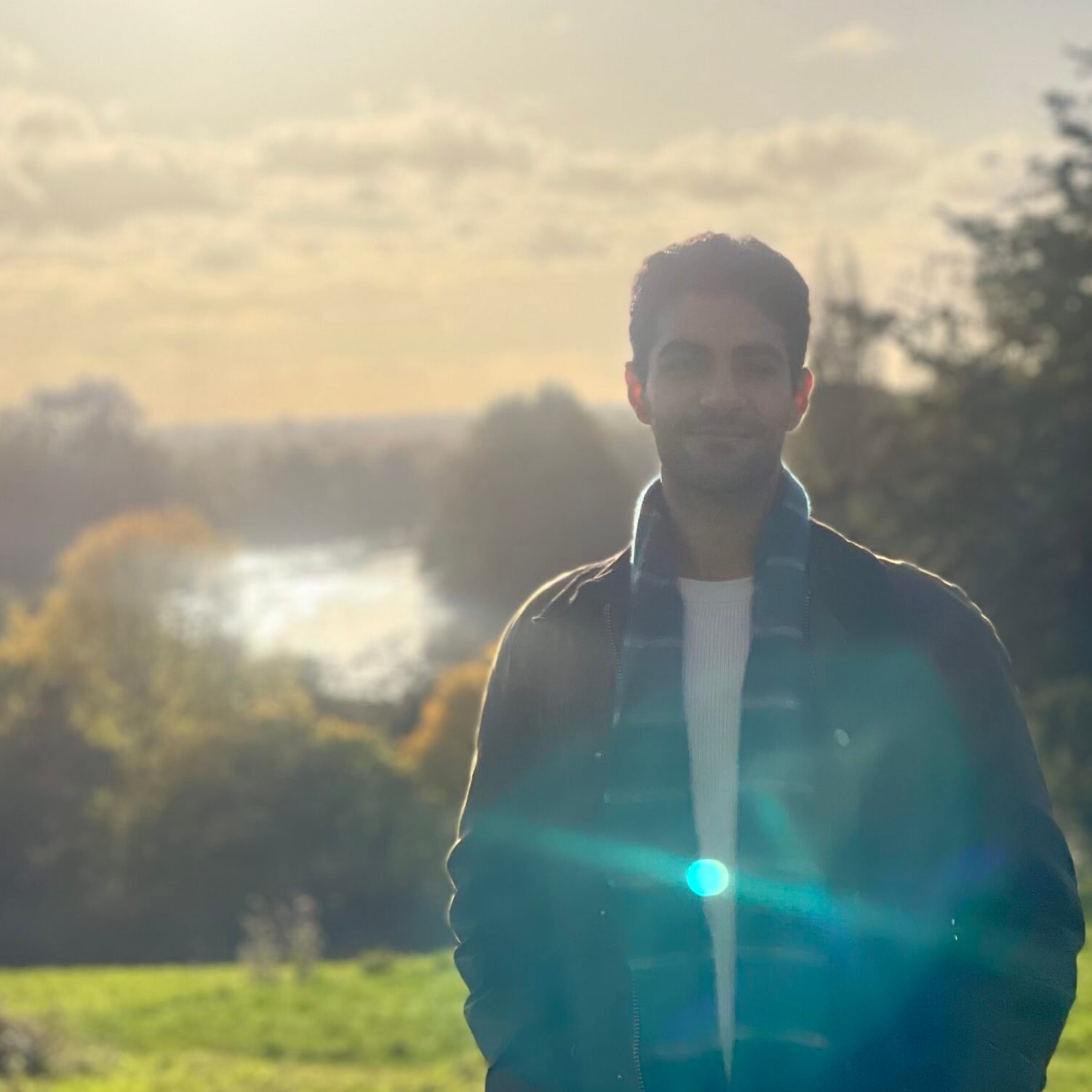- The two types of work
- Create a work plan
- Set strict time limits around your work
- Prioritise your tasks
- Track your progress
- Take intentional breaks
- Embrace boredom
- Productive meditation
- Cut distractions
Leaving full-time employment to work for yourself can be a big adjustment. Moving from structured tasks and fixed timetables to managing your own workload presents new challenges from staying on track, to balancing productivity with downtime.
In the beginning, I found myself either working non-stop, not allowing myself breaks or days off, or conversely falling into extreme procrastination with endless distractions. In this post, I’ll share practical tips, inspired by Deep Work by Cal Newport, that have helped me build healthy productivity habits.
The Two Types of Work
- Deep Work: Tasks requiring intense focus, free from distractions. These activities drive progress, improve skills, and help you achieve long-term goals.
- Shallow Work: Low-effort tasks like emails and meetings that don’t challenge your abilities. We often fill our time with shallow work because it makes us feel ‘productive’, whereas this is often a distraction from what really needs to be done.
How to Achieve Deep Work
Create a work plan
Dedicate specific times for deep work sessions. Whether it’s in the morning or in the evening, find a routine that works for you and stick to it. Start with 30–60-minute sessions and gradually extend them as your ability to focus improves. Research suggests dividing work into blocks of up to four hours for maximum effectiveness. After four hours, switch tasks to engage different parts of your brain and avoid burnout.
At the beginning of every day, I make a detailed To-Do-List which outlines each individual tasks for the day. I dedicate my first 30-minutes to shallow work (replying to emails, personal admin), and once finished, I closed my inbox for the rest of the day. If anyone needs to reach me urgently, they will find other ways to do so.
Set Strict Time Limits Around Your Work
Stick to defined working hours and avoid overextending yourself. Fixed-schedule productivity involves setting clear boundaries for when your workday ends, encouraging efficiency and preventing burnout.
I’m a strong believer of Parkinson’s Law, which states that ‘work expands to fill the time available’. By setting shorter, but firm deadlines, you can complete tasks faster. For example, if you allow yourself just one day to finish a task instead of a week, you’re likely to get it done in that time.
Prioritise Your Tasks
Identify the tasks that will have the biggest impact and reserve deep work time for them. A tool that I use every day is the 4 D’s of Time Management:
| Do | Do the Task (Important) |
| Defer | Delay the task for another time (less important) |
| Delegate | Delegate the task to someone else who can do it instead |
| Delete | This task makes no difference to the outcome. Delete it (not important) |
Another great method is the Eisenhower Matrix, which helps differentiate between urgent, important tasks and non-essential work.
Track Your Progress
A technique which I have found surprisingly effective has been keeping a visual record of my productivity.
I recommend using a physical calendar or simple chart, placed plain sight, where you can mark each day that you complete a deep work session. Each time I achieve a milestone, I note it down. This lets me see my progress in a way that productivity into a challenge, motivating me to keep meeting milestones.
Take Intentional Breaks
Down time is just as important as the time spent working. If not well rested, you will spoil the time you do spend trying to be productive.
Deep work requires a lot of mental energy, so schedule regular breaks to recharge. Be intentional with your downtime—go for a walk, exercise, or read a book. Avoid mindless distractions like social media scrolling; instead, opt for activities that allow your brain to reset.
Embrace Boredom
Constantly seeking stimulation—whether from your phone or background noise—can weaken your ability to focus. Instead, I recommend embracing boredom to build your brain’s capacity for sustained concentration.
I used to always need constant stimulation when I was on the move – be it listening to music or podcasts while commuting to/from work, or going to the gym A few months ago, I made the decision to stop wearing my headphones at these times. Being alone with my thoughts has helped me find clarity and improve my focus. With time, I have learned to incorporate productive mediation into my commutes.
Productive Meditation
Productive meditation is about engaging in reflective thought while doing low-energy tasks like walking or exercising. This allows your mind to solve problems and spark creativity while you’re not actively working.
Cut out distractions
Distractions are the biggest challenge we face when trying to achieve sustained work. Identify what pulls your attention away—whether it’s social media, notifications, or background noise—and eliminate them. Use website blockers, noise-cancelling headphones, or switch off your phone to create an environment conducive to deep focus.
Closing Thoughts
Getting work done isn’t just about working harder – it’s about being more intentional with your time management and holding yourself accountable to your goals. By structuring your time and eliminating distractions, you can achieve more in less time and see meaningful results. Whether you’re transitioning out of full-time employment or simply aiming to maximise your output, these techniques will help you, as they have helped me, overcome a world full of distractions.





Leave a Reply